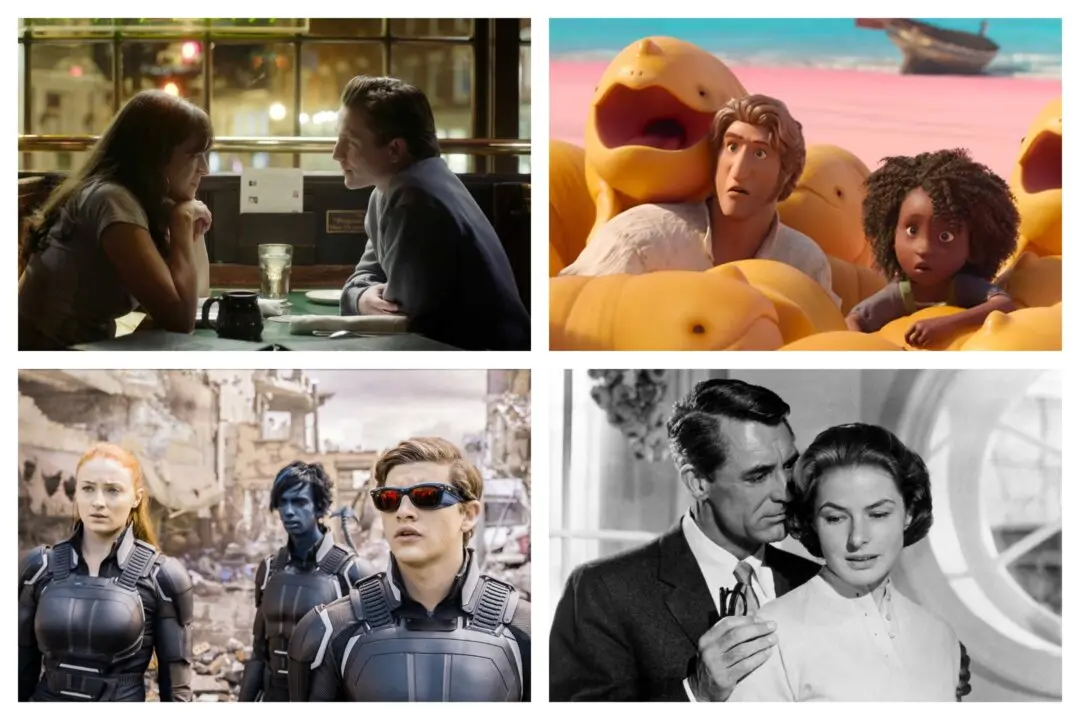NR | 1h 45m | Drama, Romance, War | 1946
As an Army veteran, I’ve heard quite a few tales from World War II vets, mostly in the waiting rooms of the VA, where time moves slower than a government form in triplicate. I’d often wonder what it must’ve been like to come home after years overseas: how they adjusted, what they carried with them, and what they left behind.






